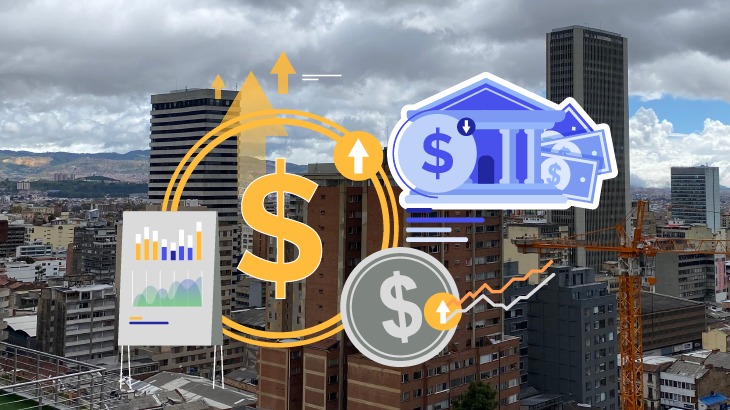
The most recent
Abstract
After a protracted period of financial deepening following a financial crisis at the end of the 20th century, the ratio of corporate bank loans to GDP in Colombia stagnated between 2016 and 2019. In this paper, we explore if firms have substituted bank loans for other financial instruments or if there has been a deleveraging process. From a longer-term growth perspective, we also aim to investigate whether fast-growing firms differ from others in terms of their financial leverage. We find that the decline in the ratio of bank corporate loans to GDP is related to a substitution of funding sources and is not part of a firm’s balance sheet deleveraging process. We also find that the slowdown in financial liabilities coincided with a decrease in the investment-to-GDP ratio that was part of the macroeconomic adjustment to a sharp deterioration of terms of trade between 2014 and 2016. An exploration of granular firm data indicates that fast-sale-growing enterprises typically display greater total leverage ratios, but their relative reliance on financial liabilities is less clear. On the other hand, financial leverage is higher for firms that exhibit large CAPEX-to-asset ratios. Thus, the association between financial intermediation and investment seems stronger than between financial intermediation and sales growth.

 Camilo Gómeza,
Camilo Gómeza,  María Fernanda Meneses-Gonzáleza,
María Fernanda Meneses-Gonzáleza, 
